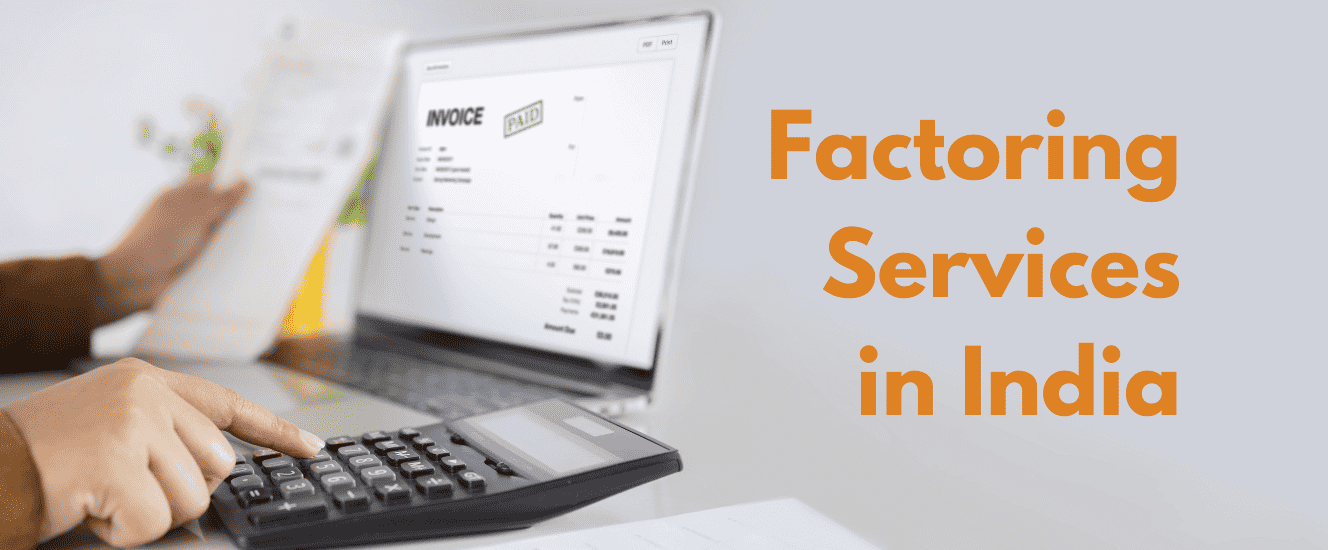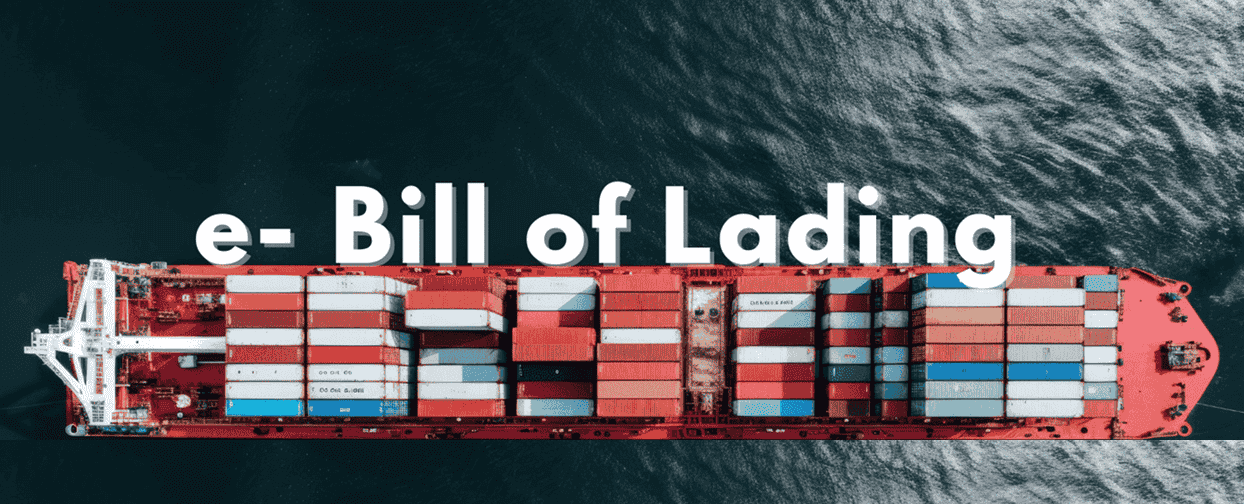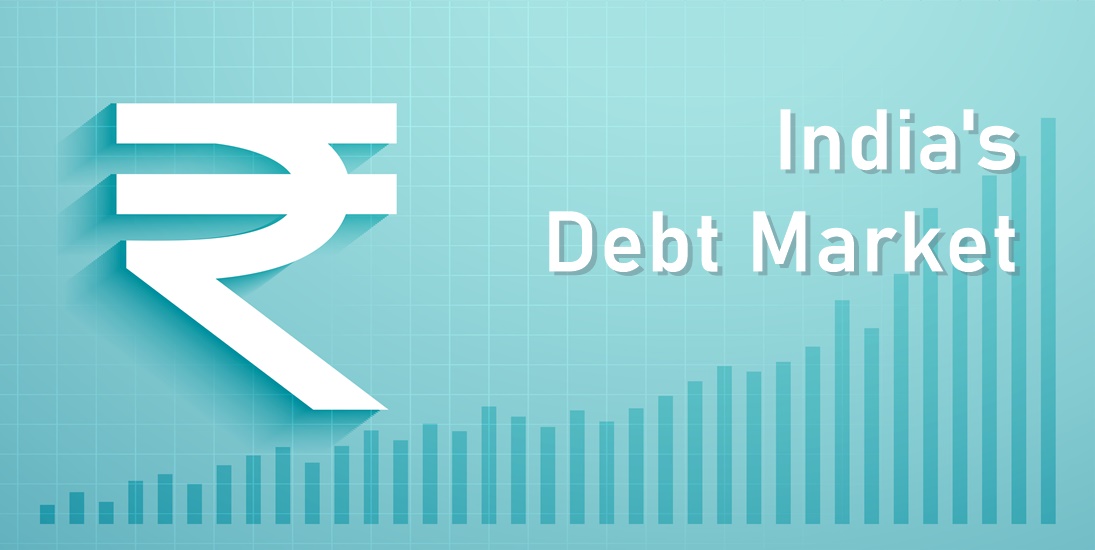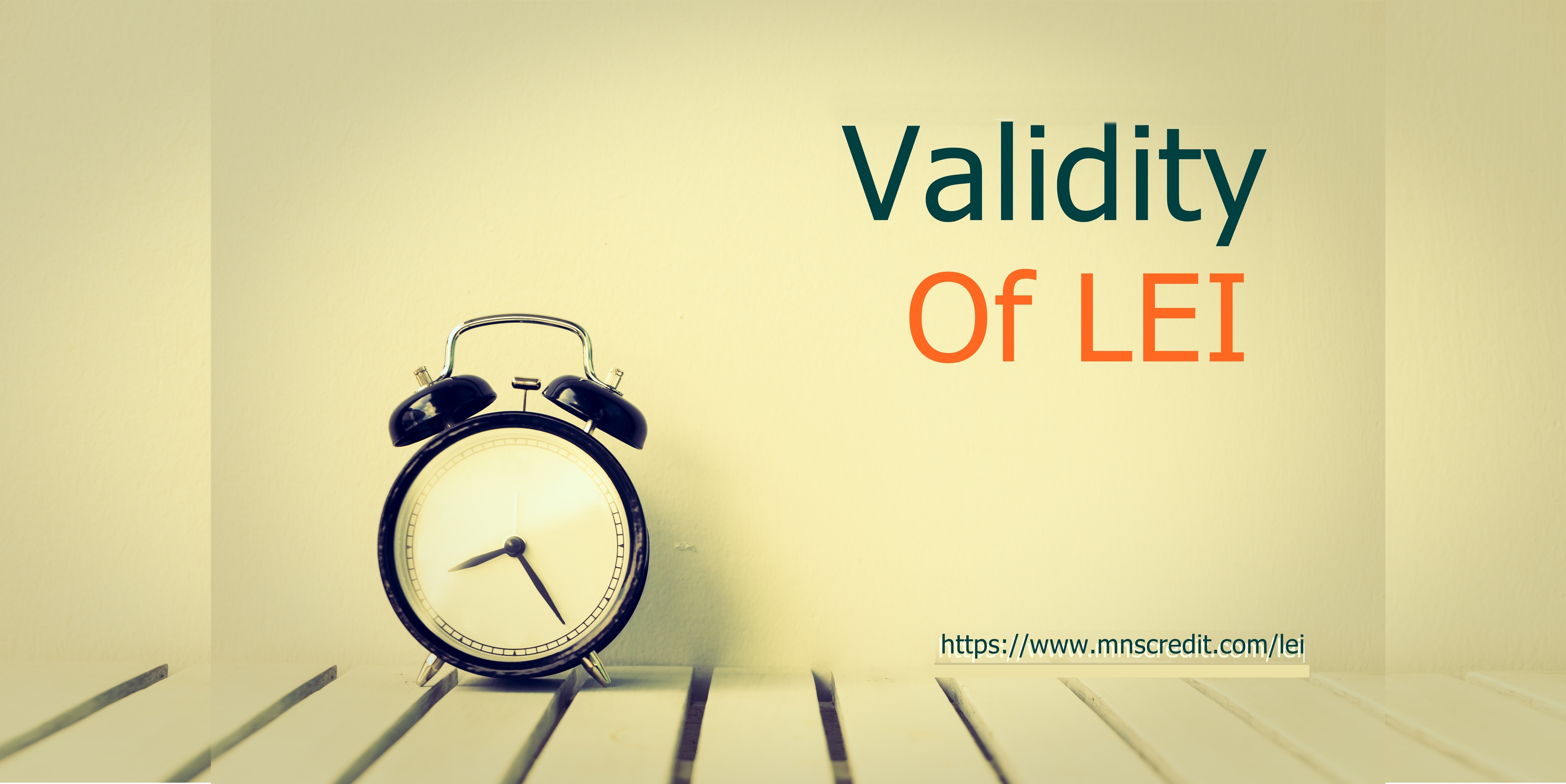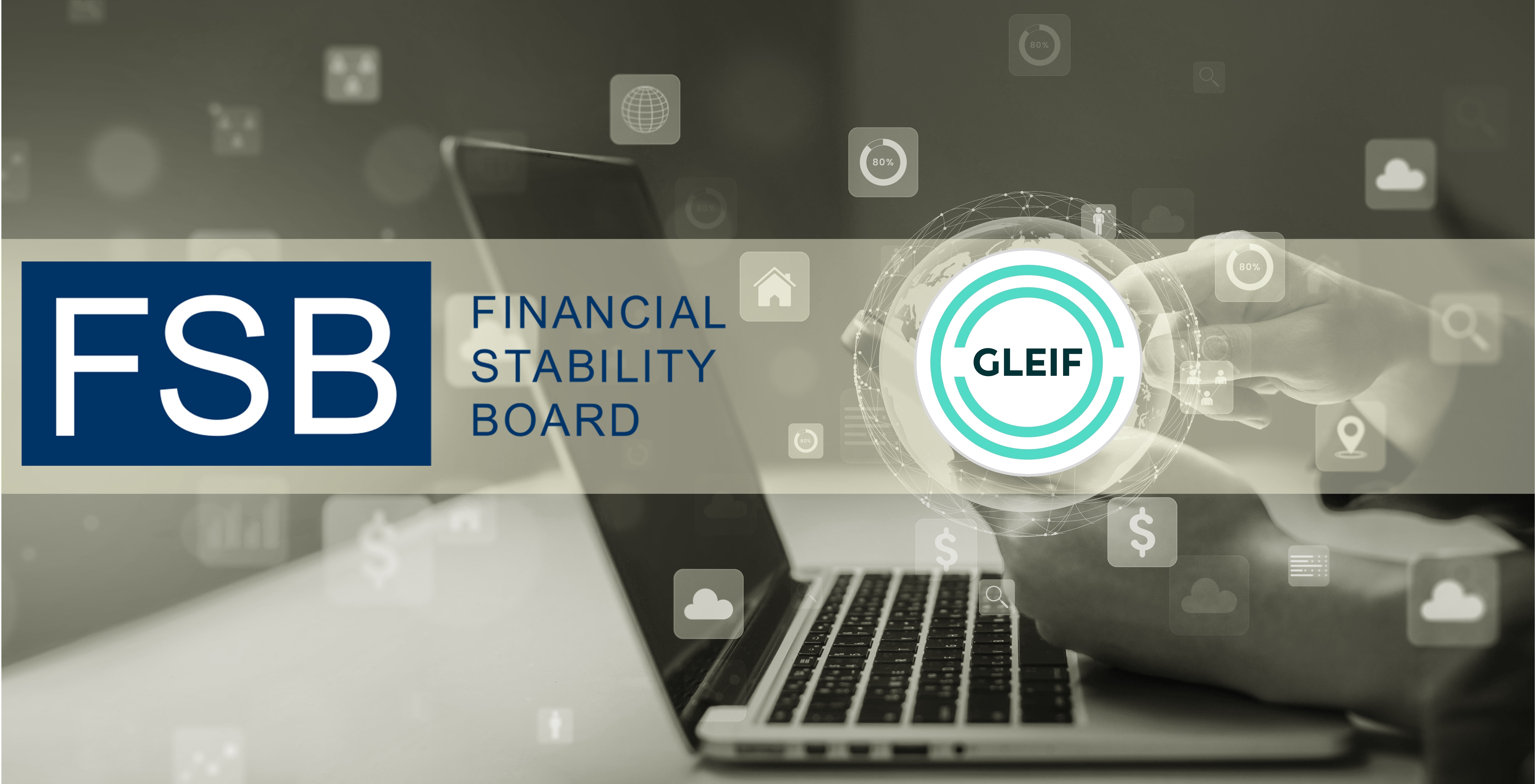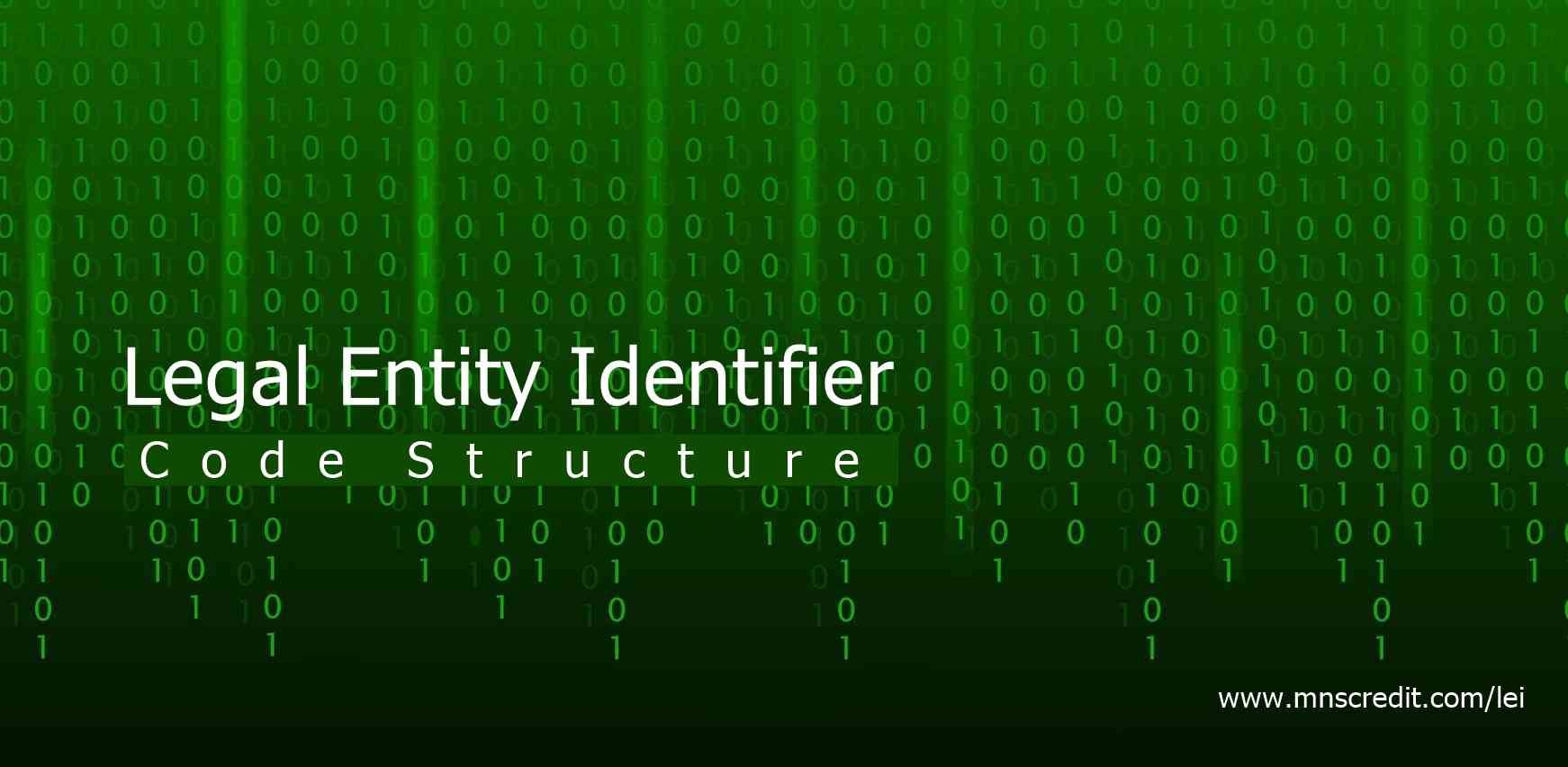A vital component of the financial system, debt collection makes sure that unpaid debts are recovered and keeps the banking industry stable. As the nation's central banking organization, the Reserve Bank of India (RBI) is essential in policing and overseeing debt collection activities. Banks and other financial institutions are required to follow the extensive criteria for B2B debt collection that the RBI has developed in order to protect borrowers' interests and uphold fair procedures. The main points and importance of the RBI's debt collection procedures are outlined in this article.
The main goal of the RBI's debt collection standards is to provide equitable and open procedures that guarantee the rights of borrowers are upheld. The purpose of these recommendations is to stop banks and other financial organizations from harassing customers or acting unethically while they are trying to collect debt. The RBI understands how crucial it is to protect borrowers' dignity while making sure bank obligations are collected. These standards spell out the dos and don'ts to guarantee moral debt collection operations, giving banks a framework to work within when dealing with borrowers.
1. Fair Practices Code (FPC): The RBI mandates that financial institutions, including banks, establish a Fair Practices Code that delineates the rules and procedures for collecting debts. This code helps borrowers understand their rights and duties by providing a foundation for moral behavior. The FPC needs to be open, non-threatening, and non-coercive.
2. Communication and Contact: The standards place a strong emphasis on the courteous and non-abusive communication that banks and other financial institutions should have with their borrowers. It is important to avoid causing the borrower any inconvenience or embarrassment by making contact at appropriate times and locations. It is completely forbidden to employ compulsion, harassment, or offensive or threatening words.
3. Privacy and Confidentiality: Banks are required to protect the privacy of consumer data and abstain from giving away debt details to unaffiliated third parties without the borrower's permission. Only those who are directly involved in the debt collection process and have been granted authorization should have access to information about the debt.
4. Dispute Resolution: In accordance with RBI standards, banks must set up a procedure for resolving conflicts that may arise throughout the collection of debts. A grievance redressal process must to be made available to borrowers in order to handle any complaints or issues they might have. A fair, open, and prompt conflict resolution procedure should be followed.
5. Prohibition of Coercive Methods: When collecting debts, banks and other financial organizations are not allowed to use physical force, coercion, or intimidation. They lack the necessary legal authority to confiscate or threaten to seize the debtors' assets. Debt collectors should not go to the borrower's place of employment unless the borrower specifically requests it.
6. Documentation and Transparency: The RBI guidelines place a strong emphasis on the necessity of keeping complete and accurate records of all debt collection efforts. Documents that explicitly outline the total amount of debt owing, each party's rights and obligations, and any modifications or updates to the debt recovery procedure must be given to borrowers by banks.
The rules issued by the RBI regarding debt collection are of great significance to a range of players within the financial system.
1. Borrower Protection: During the debt collection process, borrowers are shielded from unfair practices and harassment by a framework provided by the rules. In order to ensure a fairer relationship between lenders and borrowers, borrowers have the option to seek remedies if they believe their rights have been infringed.
2. Standardization and Transparency: All banks and financial institutions must follow the same set of regulations and procedures for debt collection, according to the guidelines. By preventing lenders from acting arbitrarily, this encourages transparency and guarantees fairness for borrowers.
3. Credibility and Reputation: Banks and other financial organizations gain credibility and a better reputation when they follow RBI recommendations. Building trust with borrowers through ethical debt collecting techniques fosters enduring client relationships and raises consumer satisfaction.
4. Systemic Stability: The RBI helps to maintain the stability of the financial system by controlling debt collection methods. Maintaining equitable procedures and avoiding undue intimidation in the debt collection process contribute to the public's continued trust in the banking industry.
Ensuring justice and openness in the debt recovery process is largely dependent on the RBI's rules for B2B debt collection. These rules guarantee the defense of borrowers' rights, forbid unethical behavior, and create a uniform framework for debt collection operations. Banks and other financial institutions can improve their reputation, gain the trust of borrowers, and support the stability of the financial system as a whole by following these rules. Fostering a virtuous and moral debt collecting environment in India requires all stakeholders to comprehend and abide by RBI standards.

